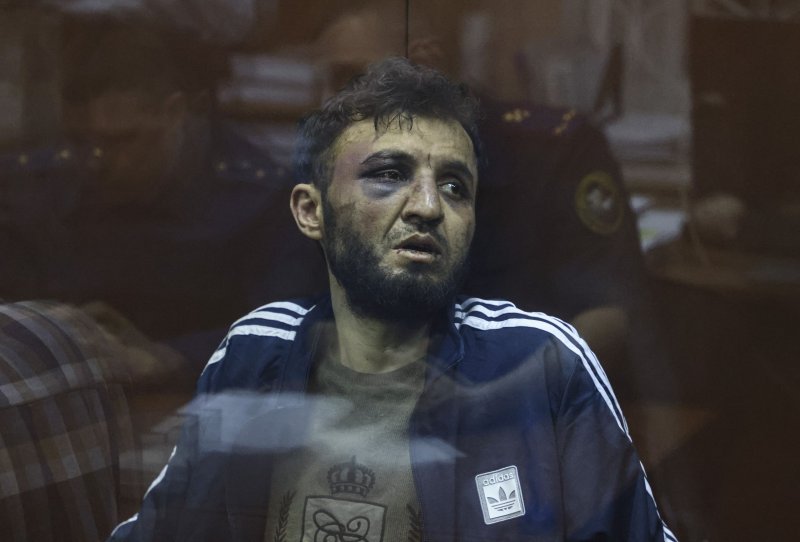Last weekend’s terrorist attack in Moscow has renewed debate about the capabilities and reach of Islamic State (IS) but also who, exactly, was behind the killing of at least 139 people at Crocus City Hall.
Much of the media coverage has so far focused on Islamic State Khorasan Province (ISKP), an Afghanistan-based IS contingent that was likely involved in the atrocity. But this should not be misunderstood as a separate entity: IS’s “provinces”, such as ISKP, all take their cue from the “centre” in Iraq and Syria.
Nato’s disastrous withdrawal from Afghanistan in 2021 left Western intelligence constrained in assessing the ISKP threat, but the evidence that IS had turned back to “external” operations, with ISKP a key part of this, stacked up over the last year. A series of ISKP plots were disrupted in Kazakhstan, India, and Europe — including what would have been devastating attacks over Christmas and New Year in Austria and Germany. “Successful” IS attacks hit France and Belgium in October, and then Iran and Turkey in January.
The four visibly-beaten men brought into court in Russia this week as perpetrators were all Tajiks. While information from the Russian judiciary must be handled carefully, most ISKP operatives in the aforementioned cases were Tajiks — a perhaps unsurprising revelation given that IS has been targeting Tajikistan for recruitment.
Tajikistan’s well-established Islamist scene, so close to ISKP’s Afghan base, is an easy recruitment pool and many Tajik jihadists in the Taliban and Al-Qaeda, disillusioned since the 2021 takeover, have been drawn to IS’s “purer” Islam, unconstrained by national boundaries and alliances with “infidel” states such as Russia. Russian-speaking Tajiks with passports were always going to raise fewer red flags, plus the large Tajik migrant labour population in Russia meant that terrorists could blend in easily.
That Russia was targeted was also no accident. Moscow’s relationship with the Taliban-Al Qaeda regime, alongside its strategic alliance with Iran and support for the Syrian regime’s rampage against Sunni Muslims (whom IS claims to represent), provides the ideological cover for IS to strike against Russia.
Questions remain over the Russian state’s behaviour before and during the massacre. Despite the US warning Russia publicly on 7 March of “imminent plans to target large gatherings in Moscow, to include concerts”, Vladimir Putin dismissed these “provocative statements” on 19 March as attempts to “intimidate and destabilise our society”.
Whatever the needs of propaganda, Russia’s security forces could have adhered to these warnings privately, but seemingly did not: it took an hour-and-a-half to react during the concert hall attack — when it took the FSB minutes to arrest mourners laying flowers for murdered dissident Alexei Navalny last month — and security forces then retreated for some time rather than entering the building.
The Kremlin’s attempt to link Ukraine, as predictable as it was absurd, has heightened the sense that Moscow is hiding something. It may simply be incompetence, often a better explanation than conspiracy. While it is true that Putin came to power on the back of the 1999 apartment bombings in Moscow, it may be a stretch to say he was behind this attack. Nevertheless, if the Kremlin now finds few believe it was not responsible for the slaughter of innocent Russians, in some way at least, it has nobody to blame but itself.










Join the discussion
Join like minded readers that support our journalism by becoming a paid subscriber
To join the discussion in the comments, become a paid subscriber.
Join like minded readers that support our journalism, read unlimited articles and enjoy other subscriber-only benefits.
Subscribe